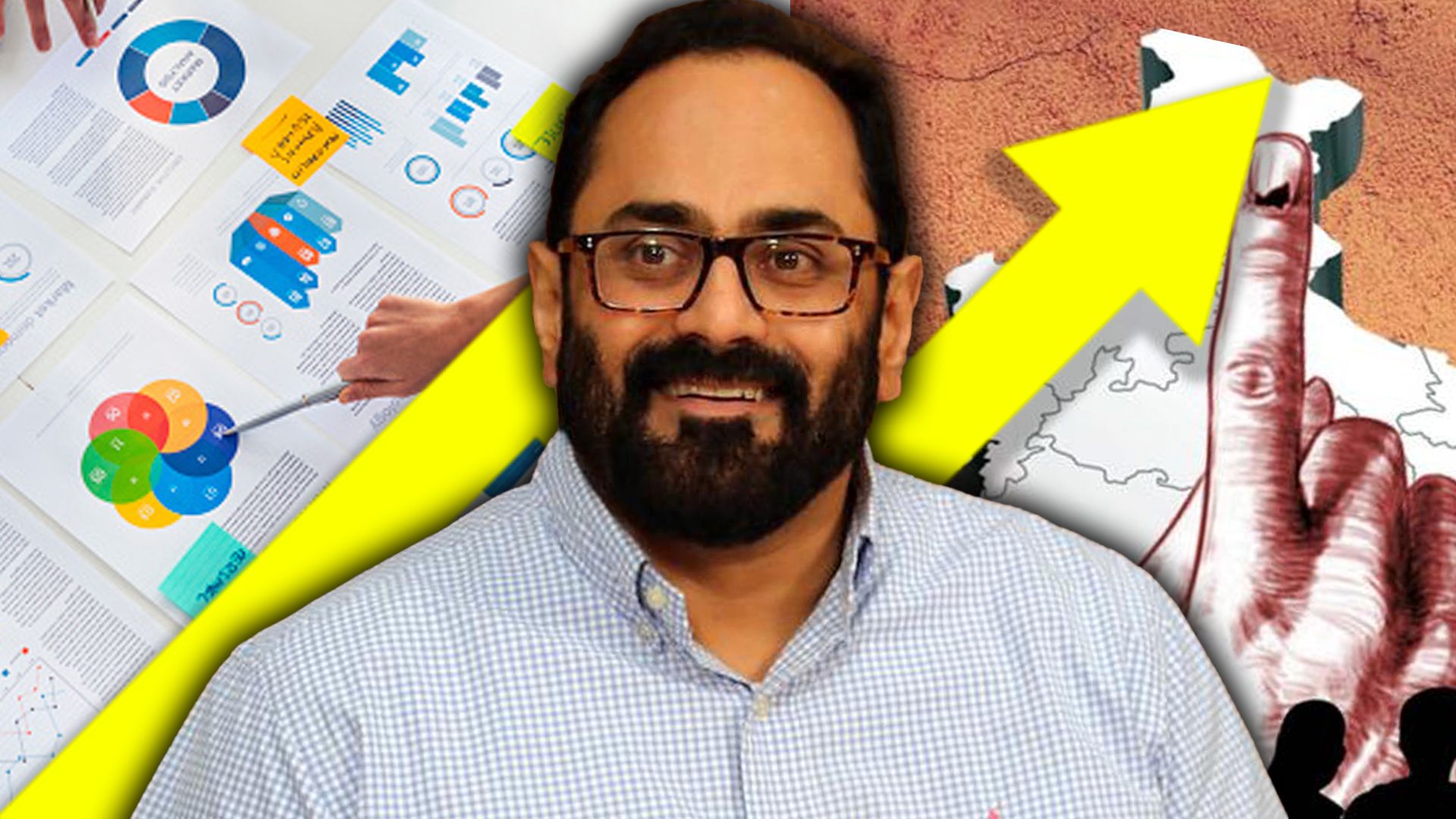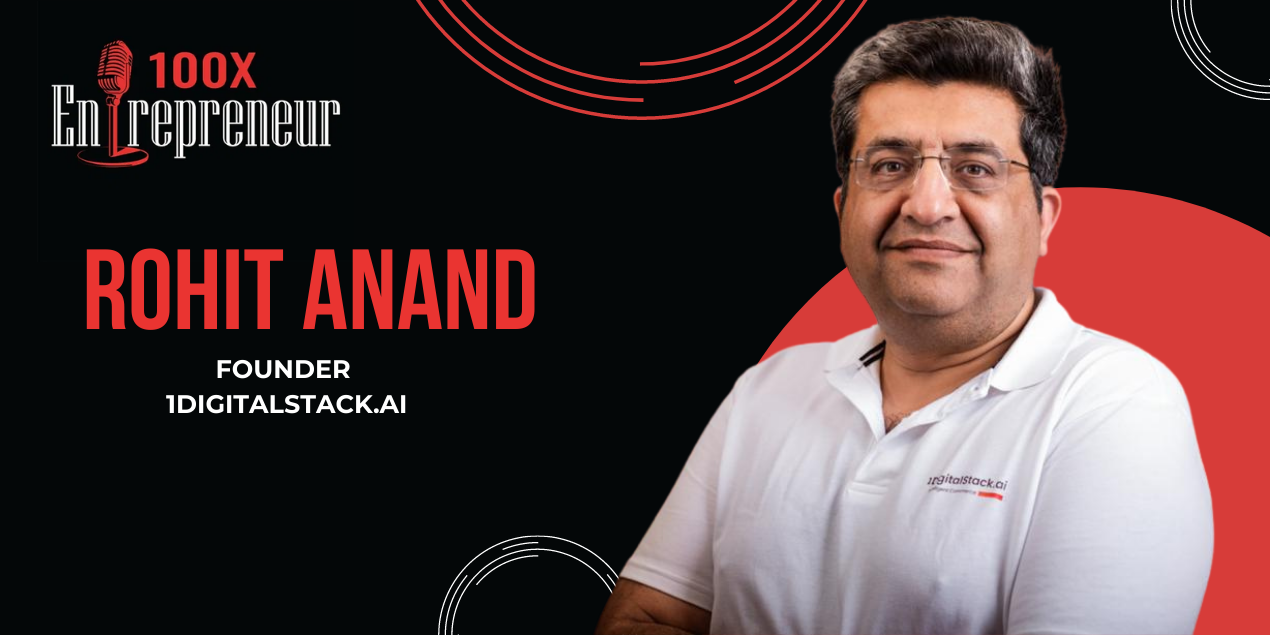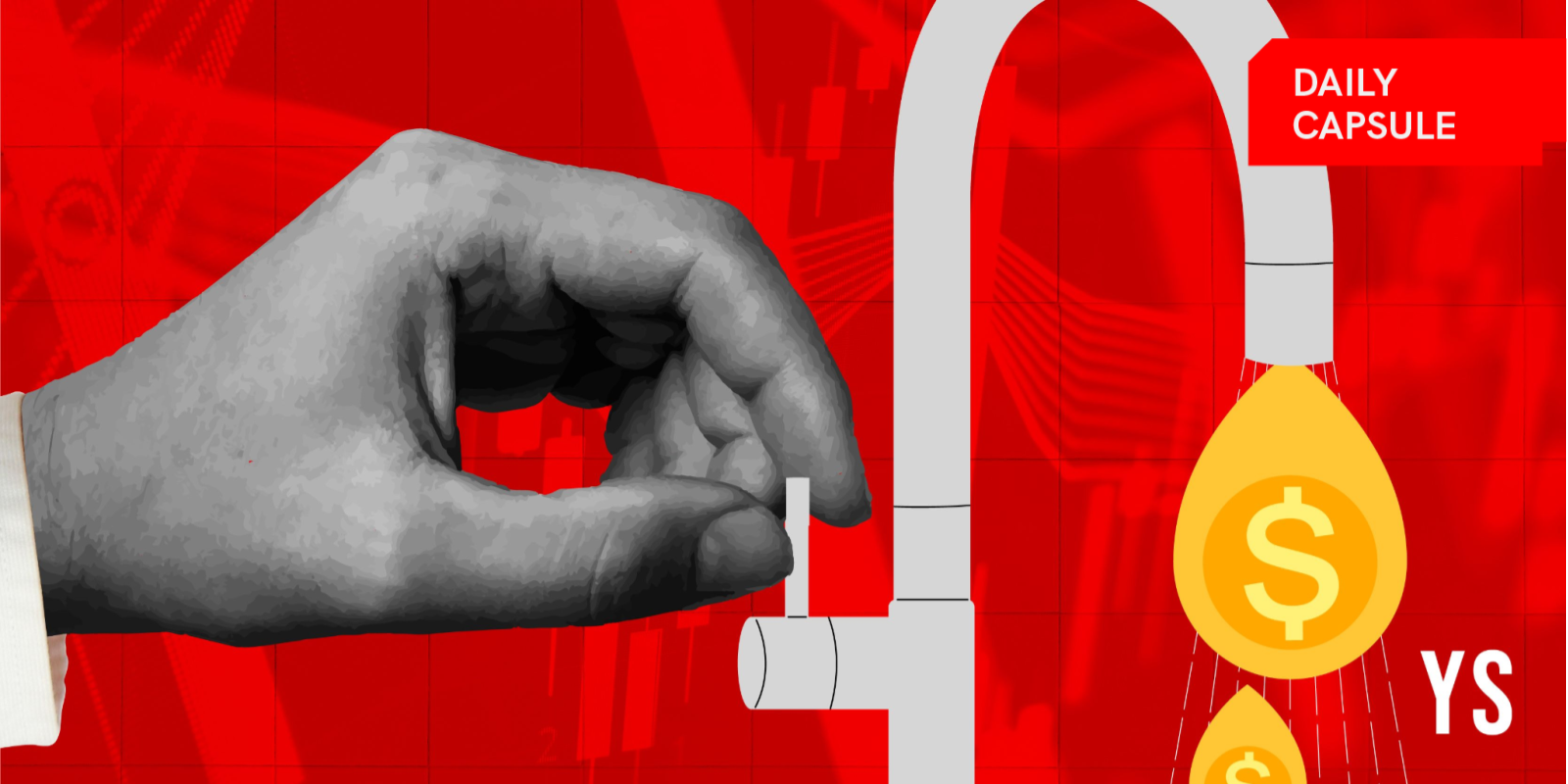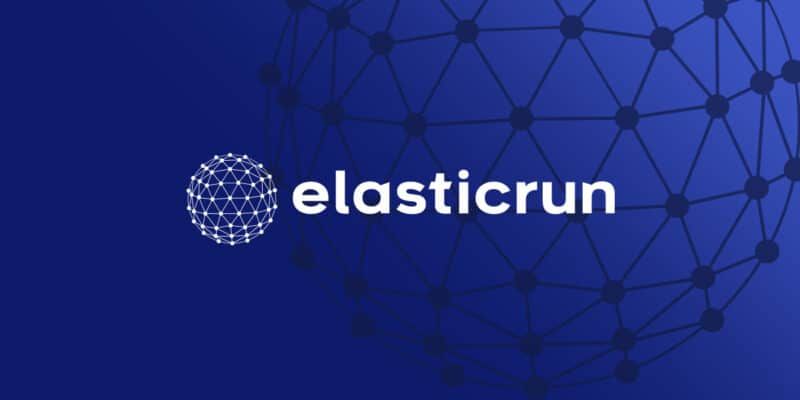Fuelling Digital India: A sneak-peek into Rajeev Chandrasekhar’s mission to build an inclusive internet
The Digital India Bill seeks to modernise outdated laws, promote digital inclusivity, and ensure a secure online experience for India's rapidly growing internet user base.
Key Takeaways
Key takeaways:
- India needs a safe internet that can be used by all sections of society, irrespective of age.
- Concerns about misinformation and doxing on the internet cannot go unchecked.
- Freedom of speech is a fundamental right but comes with a set of checks and balances.
A little more than a decade ago, in 2011, India had roughly 100 million internet users. By 2023, that number witnessed an unfathomable spurt. Today, with 800 million internet users in urban and rural areas, India has undergone a digital revolution. The rapid increase in internet penetration has changed the way India learns, communicates, and lives. But, if with great power comes great responsibility, great progress comes with great risks. And Rajeev Chandrasekhar, Minister of State for Electronics and IT, Skill Development and Entrepreneurship, is out to solve them.
An entrepreneur turned politician, the minister is keen to build an internet that is safe and inclusive of every citizen through the upcoming Digital India Bill legislation. The inherent idea is to empower Indians to go online while shielding them from cyber criminals.
It is an opportune time for this transformation. India, today, is among the most connected nations in the world and IAMAI estimates suggest there will be 900 million internet users in the country by 2025. With an influx of internet users, outdated laws need to be reformed. This has become a focal point for the minister and his team.
“The technology intensity of our economy is proliferating, and the innovation ecosystem is growing. But the law that regulates this sector is 22 years old,” says the minister, displaying a sense of urgency in amending the redundant regulations. “So we at the government of India led by Prime Minister Narendra Modi felt a need to keep this momentum going,” he explains in an interview with YourStory.
He adds that the government is cognizant of the concerns around free speech and whether the upcoming legislation will hamper it. But the minister is also quick to point out that freedom of speech is not a license to spread misinformation or indulge in hate-mongering on the internet.
“Freedom of speech is a fundamental right, not an absolute right. It is subject to certain restrictions and caveats. I believe that people who are complaining about the ‘alleged’ loss of free speech are the ones who cross the Rubicon and engage in illegal activities. These bad actors can no longer take cover under freedom of speech,” he adds.
The testament to this commitment is the fact that the Digital India Bill has provisions for upholding the constitutional rights of the citizens. A special emphasis has been placed on Article 14 (equality before law), Article 19 (freedom of speech and expression), and Article 21 (protection of life and personal liberty).
Laying the Foundation for Digital India
The proposed Digital India Act envisions a legal framework for internet usage with global standards. A set of checks and balances will also be implemented in the areas of artificial intelligence, gaming, and metaverse. The minister explains that the government strives to develop a level playing field between the real world and the digital world.
“Emerging technologies such as AI and metaverse may expose users to gaslighting and doxing. If these acts are a crime in real life, they should be a crime in the digital world as well,” he adds.
The government under PM Modi is currently engaged in a series of consultative discussions with all stakeholders to finalise the Digital India Bill. The minister reiterates that the philosophy of Sabka Saath, Sabka Vikas, and Sabka Vishwaas will be the guidepost at every step of the legislative process.
An integral part of fuelling the Digital India promise is catalysing internet usage among women. The minister says that while almost 45% of internet users in the country are women, gaps exist because of households predominantly owning one electronic device.
“If we can make cheaper devices available to the public, there is a higher likelihood of the proportion of female internet users increasing. This is a work in progress, and we will initiate reforms for a digitally inclusive India,” says the minister.
Skilling for the future
India has over 86,000 startups, of which 30% of the companies belong to the technology sector. The IT Minister believes young Indians are no longer worried about finding employment because they are busy creating opportunities for themselves.
“For several decades, we had been categorised as a country of poor people. Today’s confident young Indians have changed that perception through their entrepreneurial spirits,” he adds.
The Digital India Act propels this entrepreneurial mindset. The minister explains the reforms will not only enable Indian startups to succeed but also reposition India as the digital center of gravity for global startups.
Skill building is an indispensable tool for creating a digitally savvy India. While the minister lauds the efforts taken towards skill development in the past eight years, he is honest in acknowledging that Indian youngsters are not yet fully skilled.
But the country has come a long way from the 2014 era when, according to the minister’s estimates, 320 million workers out of the total workforce of 420 million were unskilled. There was a high mismatch between the skill requirements of organisations and worker abilities. Slowly but surely, a transition took place. However, with over 45,000 vacant roles in AI and allied sectors, the job is not yet complete.
“This year’s budget has allocated Rs 8,000 crore towards an ambitious program to skill the youth in areas such as AI, drones, and robotics. Each district will have a unique skill development plan and will be mapped to the local requirements,” says the minister.
Making in India for the world
The Digital India promise is incomplete without developing efficient manufacturing capabilities in the country. The minister lists Uttar Pradesh and Karnataka as notable examples of capacity building.
Take Uttar Pradesh, for instance. Six years ago, it would have been difficult to fathom the state as a technology hub. Cut to 2023, the state hosts the largest data center in North India and is also the largest exporter of mobile phones in India (excluding Apple).
“There has been a radical shift in narrative ever since we organized the Investor Summit in UP. The local youth have been reinvigorated by the efforts to build technological capabilities in the region,” he adds.
Discussions about technology and digital India invariably bring Karnataka and its IT hub, Bengaluru, along. Global manufacturers such as Apple have made a conscious decision to shift production to India. A shining example is Apple partner Foxconn’s plans to invest $700 million (~Rs 5,723 crore) in a manufacturing facility near Bengaluru.
The minister explains that Karnataka, which was once perceived as an IT/ITeS hub, has expanded to become the innovation hub for startups, electronics, and design.
“Apple’s expansion in India will bring a new fillip to Karnataka as the electronics manufacturing destination. The new plant will generate jobs, especially for women, considering that Apple facilities employ 80% women,” the minister says.
This is just the beginning of the technological revolution under PM Modi. The Atmanirbhar Bharat vision of creating a $1 trillion digital economy by 2025-26 will entail enabling regulations, a skilled workforce, and inclusive development. And IT Minister Rajeev Chandrasekhar has set his eyes on the goal.











